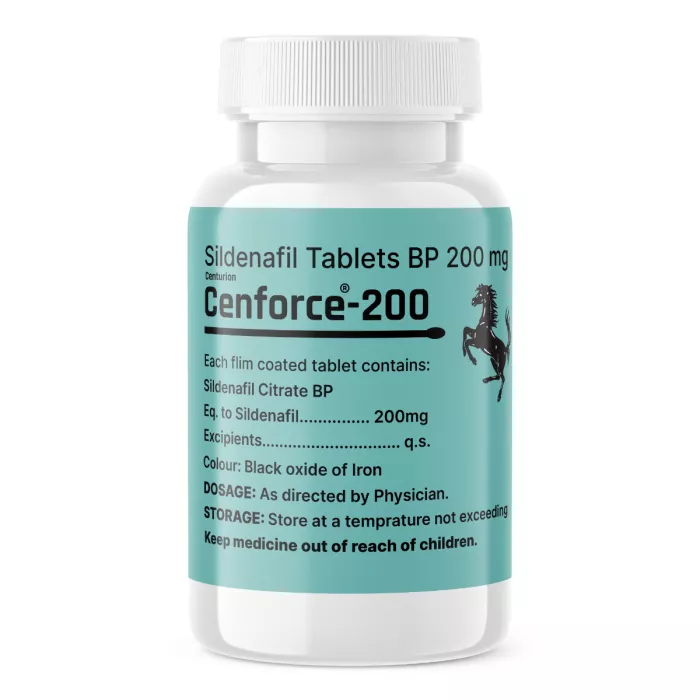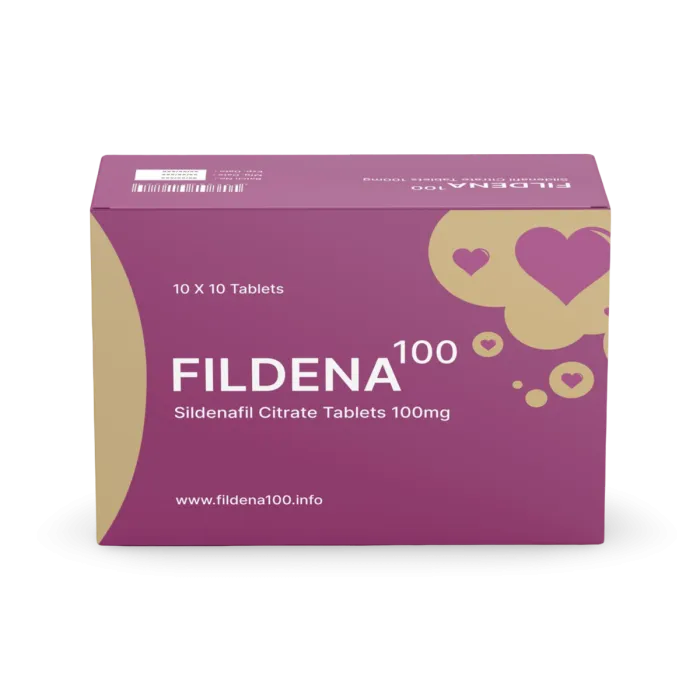Sildenafil, also known as Viagra, is a prescription medicine that treats Erectile Dysfunction (ED) in males or Assigned Males at Birth (AMAB). Although Sildenafil is typically safe and effective, it may interact with a wide range of other medications, substances, and medical conditions.
These interactions could result in major side effects or minimize the efficiency of Sildenafil. Hence, patients using Sildenafil must be aware of these interactions and discuss them with their healthcare professionals to ensure the medicine is used safely and appropriately.
In this article, we will discuss various mild and major Sildenafil interactions.
Exploring Sildenafil Interactions
Just like any other Erectile Dysfunction medication, Sildenafil can also interact with certain foods, medicines, other substances, and diseases that may affect its working ability, thereby inhibiting its effectiveness and safety.
Now, let’s discover these interactions in detail.
Save up to 90% on your medicine bills

Cenforce 200 mg

Kamagra Oral Jelly Rx 100 mg

Fildena 100 mg

Vidalista 60 mg
Sildenafil Interaction With Medicines
Sildenafil can interact with medicines like Nitrates, Alpha-blockers, Warfarin, and antibiotics, leading to side effects.
Nitrates and Sildenafil interaction: Nitrates are medicines for treating chest pain or Angina. Both Sildenafil and Nitrates are vasodilators, which means they lead to the expansion of blood vessels. Sildenafil can significantly reduce blood pressure when used with Nitrates such as Nitroglycerin, Isosorbide, and recreational substances containing Amyl nitrate or Butyl nitrite. This can cause dizziness and fainting.
Sildenafil and Alpha-blockers interaction: Sildenafil can considerably reduce blood pressure when used with Alpha-blockers like Doxazosin and Tamsulosin, which are used to treat high blood pressure and enlarged prostates. This might cause headache, dizziness or fainting.
Sildenafil and Warfarin interaction: Warfarin is an anticoagulant that prevents and treats Thromboembolic diseases. Both Sildenafil and Warfarin are metabolized by the same enzyme, CYP2C9. When used simultaneously, Sildenafil can affect the metabolism of Warfarin, resulting in an elevated Warfarin level, potentially raising the risk of bleeding.
Sildenafil interactions with antibiotics: Sildenafil can interact with some antibiotic groups, notably Azole antifungals and Macrolide antibiotics like Erythromycin, raising Sildenafil levels in the body. This, in turn, affects Sildenafil’s metabolism and effectiveness.
Sildenafil Food Interactions

Sildenafil interaction with high-fat meal: A high-fat meal before taking Sildenafil may slow its absorption into the blood circulation. This delay may result in more time before receiving the full benefits of the medicine. For best results, it is generally recommended to take Sildenafil on an empty stomach or with a light meal.
Sildenafil grapefruit interaction: According to the research, people using Sildenafil should avoid eating or drinking excessive amounts of grapefruit or grapefruit juice daily. Grapefruit may hinder the metabolism of Sildenafil, thereby raising its levels in the body, leading to side effects.
Sildenafil interactions with alcohol: Alcohol intake may temporarily impair erectile function and lower blood pressure. Although moderate alcohol consumption is normally tolerated with Sildenafil, excessive alcohol consumption may raise the risk of adverse effects, such as dizziness, headache, and low blood pressure.
Read Is It Safe To Use Sildenafil And Alcohol Together? to know more about Sildenafil alcohol interaction.
Sildenafil Interaction With Diseases
Sildenafil can interact with a number of medical disorders, such as cardiovascular disease, liver, kidney, and bleeding disorders, which may impact its safety and efficacy.
- Sildenafil may interact with cardiovascular disorders, influencing blood pressure and heart function
- Sildenafil may interact with liver disorders, kidney problems, and bleeding disorders, increasing eth risk of side effects
Key Notes
Sildenafil citrate, a medication used to treat Erectile Dysfunction in men, can interact with a variety of medications, substances, and medical conditions. These interactions may potentially induce major side effects, impair Sildenafil’s effectiveness, or aggravate pre-existing health concerns.
Some of the most common interactions of Sildenafil include interaction with Nitrates, Alpha-blockers, alcohol, grapefruit, and cardiovascular diseases. Patients using Sildenafil should notify their healthcare professionals about any medicines or supplements they take and underlying medical problems before considering Sildenafil.
Understanding Sildenafil interactions is essential for patient safety and therapeutic effectiveness.
Frequently Asked Questions
Does Lisinopril interact with Sildenafil?
Yes. Lisinopril, an Angiotensin-Converting Enzyme (ACE) inhibitor that is used to treat high blood pressure and heart failure, may interact with Sildenafil. Both medicines can significantly reduce blood pressure, leading to dizziness and fainting.
Does Sildenafil interact with Amlodipine?
Yes, Sildenafil can interact with Amlodipine, a calcium channel blocker which is used for treating high blood pressure and Angina. When taken together, both Sildenafil and Amlodipine cause a substantial decline in blood pressure, causing fatigue.
Does Sildenafil interact with magnesium and zinc?
No, Sildenafil has no known direct interactions with magnesium or zinc. However, it is usually recommended to consult a doctor before mixing the two.
How long should I wait to take other medications after taking Sildenafil?
Sildenafil lasts for four hours in the body. You should take it at least 24 hours after taking any medication that could interact with it. However, you should consult a healthcare provider.
Who should not take Sildenafil?
People with heart or liver problems and who are allergic to Sildenafil should avoid taking It. However, it is advisable to consult your doctor before taking the medicine.
Cheap Medicine Shop only refers to credible, authoritative sources for our content. If you’re curious about how we ensure the integrity of our content, we encourage you to read our Content Information Policy.














